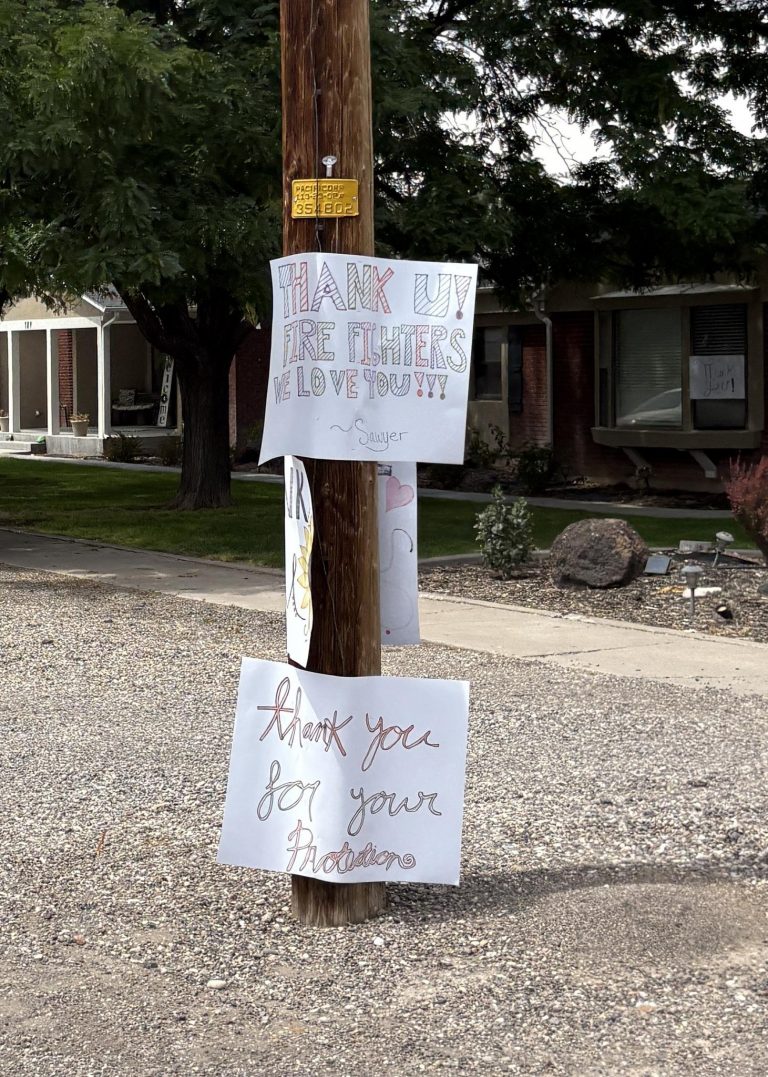By Hannah Haynes
HHaynes@cherryroad.com
Utah public schools have recently banned 13 books, igniting a statewide and national debate over censorship, education, and freedom of expression.
The banned titles include popular works like “A Court of Thorns and Roses,” “A Court of Frost and Starlight,” “A Court of Mist and Fury,” “A Court of Silver Flames,” and “A Court of Wings and Ruin” by Sarah J. Maas; “What Girls Are Made Of” by Elana K. Arnold; “Milk and Honey” by Rupi Kaur; “Forever” by Judy Blume; “Tilt” and “Fallout (Crank, Book 3)” by Ellen Hopkins; “Oryx & Crake” by Margaret Atwood; “Blankets” by Craig Thompson; and “Empire of Storms” by Sarah J. Maas.
The decision to remove these books stems from concerns about explicit content, including sexual themes, drug use, and violence.
Supporters argue that these bans protect students from inappropriate material. However, opponents see this as an infringement on intellectual freedom and an attempt to sanitize the diverse perspectives found in literature. Critics argue that books are meant to challenge, provoke thought, and offer insights into different experiences and perspectives, and that censorship deprives students of these opportunities.
The American Library Association (ALA) and other advocacy groups have voiced their concerns, arguing that such bans limit students’ access to a broad and diverse range of literature. They believe that decisions regarding book availability should involve educators, parents, and the community, rather than unilateral bans.
The controversy in Utah is reflective of a larger national trend where book bans and challenges are on the rise. According to PEN America, a nonprofit organization that works to defend free expression, 2023 saw a significant increase in book challenges in schools and libraries across the United States.
Critics argue that these bans often target books dealing with LGBTQ+ issues, race, and other sensitive topics, thereby marginalizing already underrepresented voices. Authors like Judy Blume, whose book “Forever” is among those banned, have long been at the center of such controversies. Blume has been a vocal opponent of censorship, advocating for the right of young people to read and access diverse literature.
In response to the bans, some communities and organizations are taking proactive measures. “Banned book clubs” are emerging, where students and readers can access and discuss the challenged books. Additionally, digital platforms are making these books available online, ensuring that censorship in schools does not completely restrict access.
The banning of 13 books in all of Utah’s public schools has prompted heated debates about censorship, education, and the overarching role of literature in schools. As the conversation surrounding literature continues, it raises questions about whose voices are heard and whose stories get to be told in the educational landscape.


